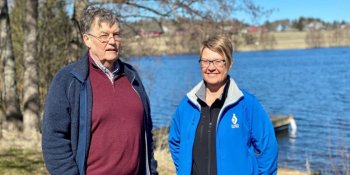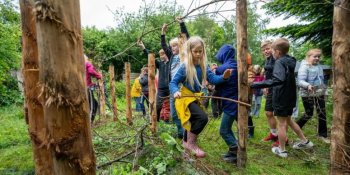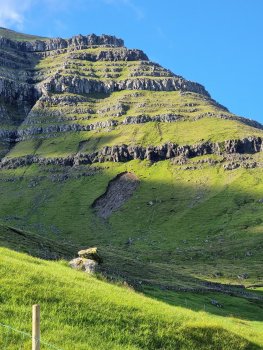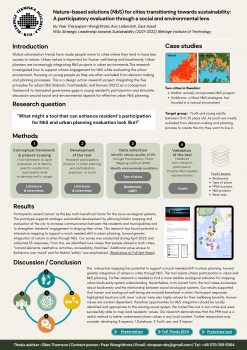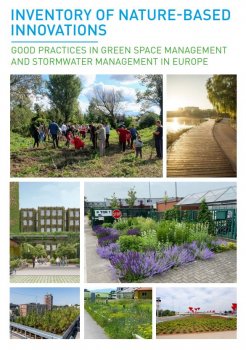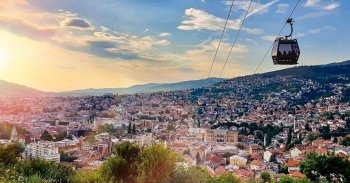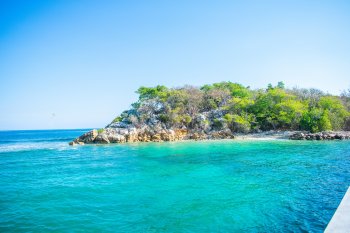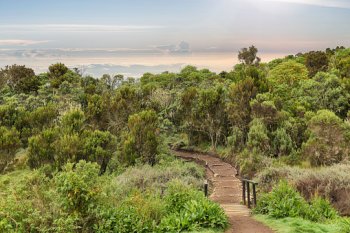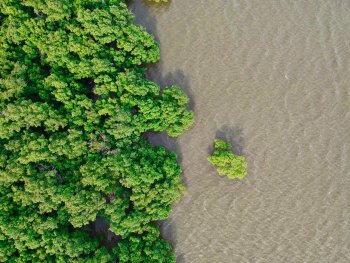Multifunctional Wetlands in Åland
The Nordic Council of Ministers programme, Nature-based Solutions in the Nordic Region, is financing a project in Åland to improve four multifunctional wetlands for better water quality, sustainable food production, climate adaptation and increased biodiversity.
For several years, the drinking water from the Åland lakes and streams was assessed as insufficient and water samples showed a declining quality. This led the water supply company Ålands Vatten in 2015 to initiate research and an urgent new management plan to ensure a sustainable water supply. One study showed that...

